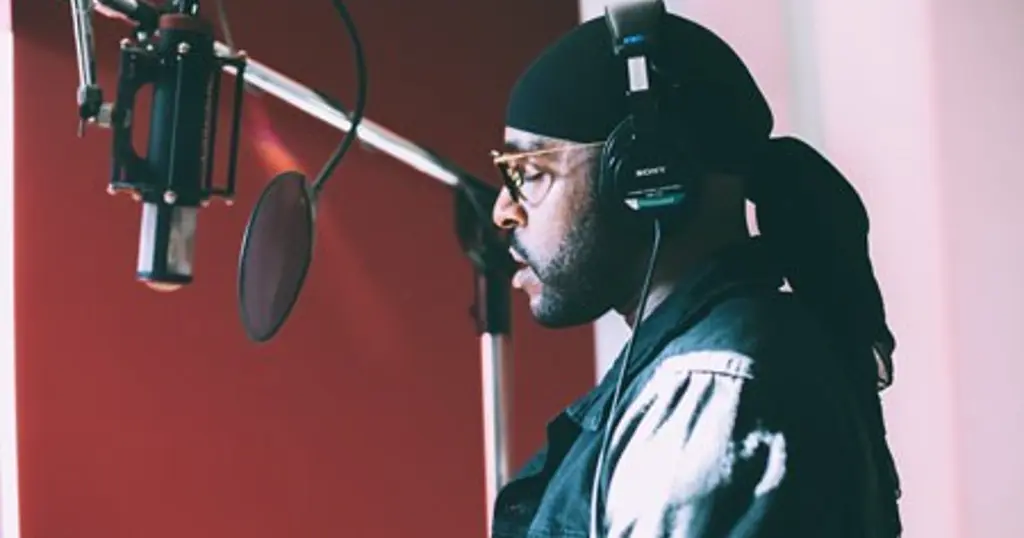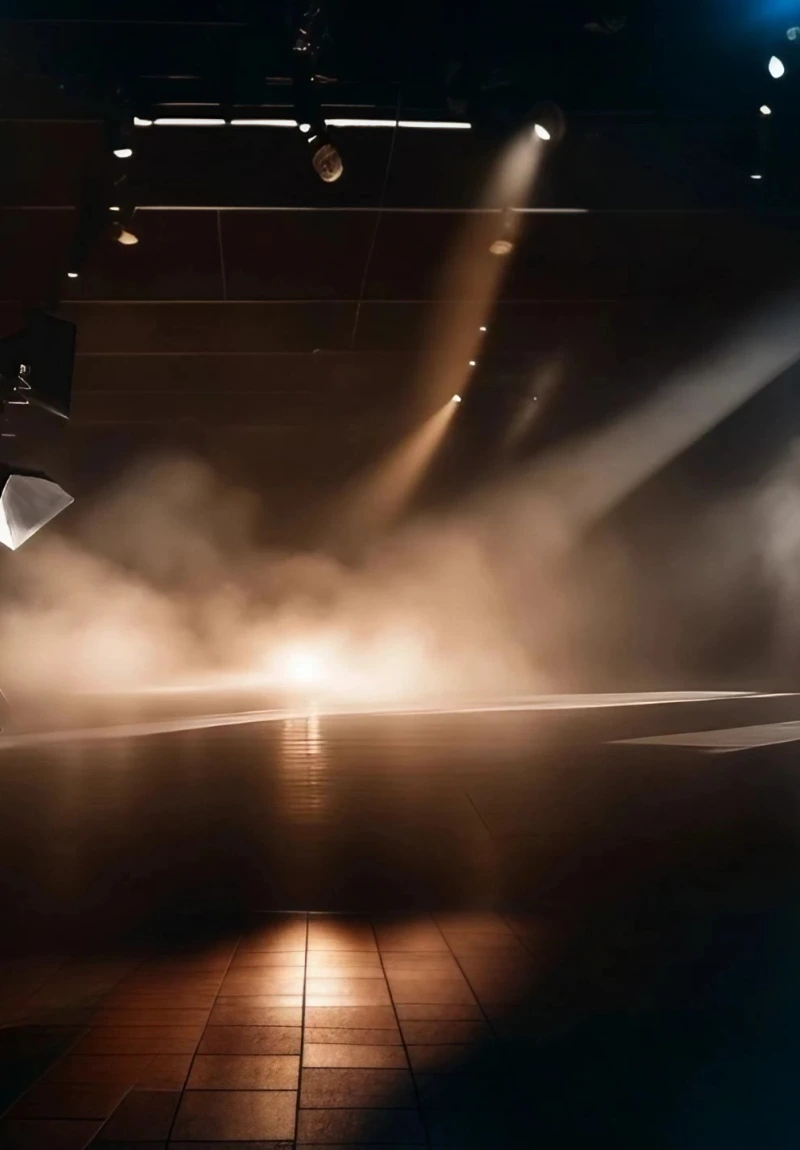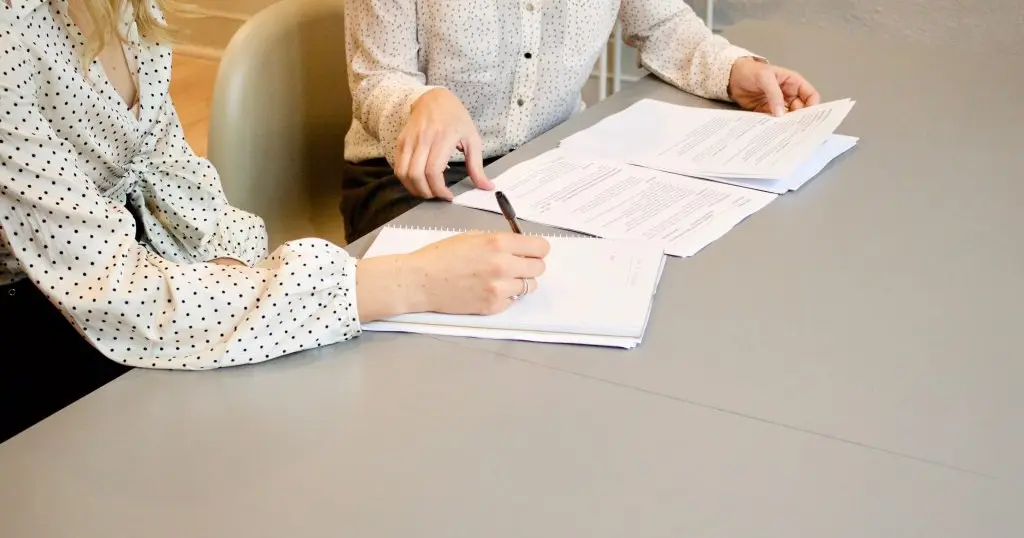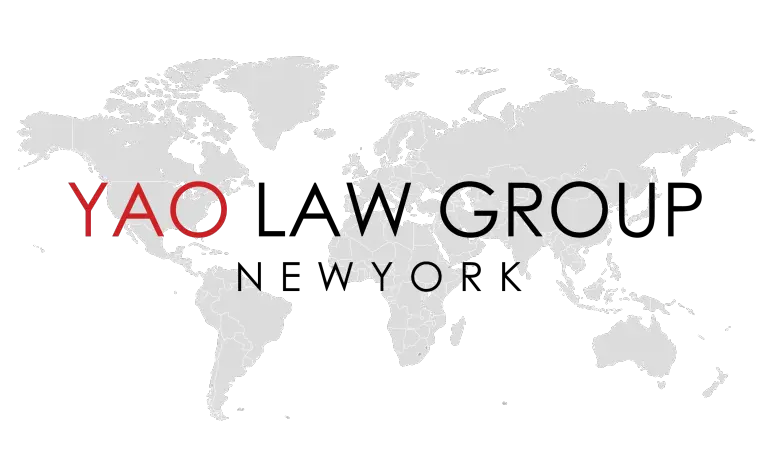Embark on Your Artist Visa Journey
Artist Visa (O-1B)


Do You Need An Artist Visa?
You Are Not Alone; We Can Help You.
Multicultural Expertise.
Elektra’s diverse background and fluency in French, Italian, and Spanish, combined with her personal experience as an artist, offer a unique advantage in understanding artists’ needs.
Global Insight, Personalized Care.
With international experience and a deep appreciation for various artistic landscapes, Elektra provides tailored assistance for artists navigating the intricacies of U.S. immigration.
Who is Artist or Creative to Qualify the Artist Visa (O-1B)?
It is a common misconception that the Artist Visa (O-1B) is only for painters or actors. However, as art is truly a broad category so is who is considered to be an artist or a creative. Artists and Creative who can qualify for the Artist Visa (O-1B) include:
What are some O-1 Misconceptions?
1. Award
An award is beneficial for your O-1 visa. It can be used in various ways, including constructing legal arguments and establishing your leadership in your industry.
Still, you are not required to have one to be eligible for an O-1 visa. It is important to diversify your accomplishments, work on special projects, artist presentations, work for organizations, and serve in leadership roles inside organizations. While an award is helpful, it is not necessary.
To learn more, please read: https://www.yaolawgroup.com/do-i-need-an-award-to-qualify-for-the-artist-visa-o-1-visa/
2. High Salary
A low salary is not a bar of entry and one may still be approved due to his or her extraordinary ability, even with a low future salary. In fact, there are six regulatory criteria for the O-1 visa and you need only to meet three out of the six.
To learn more, please read: https://www.yaolawgroup.com/do-you-need-a-high-salary-for-the-o-1-visa/
To learn more, please read: https://www.yaolawgroup.com/o-1b-high-salary-criterion/

Legal Requirements and Eligibility Requirements.
1. Establishing Eligibility
In support of an O-1B (Arts) Petition for a Nonimmigrant Worker (Form I-129), the petitioner must establish that the beneficiary:
- Has extraordinary ability in the arts which has been demonstrated by sustained national or international acclaim;
- Has achievements that have been recognized in the field through extensive documentation; and
- Is coming to work in the area of extraordinary ability (but not necessarily that the particular duties to be performed require someone of such extraordinary ability).[34]
2. Supporting Documentation
The supporting documentation for an O-1B (Arts) petition must include evidence that the beneficiary has received, or been nominated for, a significant national or international award or prize in the particular field (such as an Academy Award, Emmy, Grammy, or Director’s Guild Award) or at least three of the following forms of evidence:
- Evidence that the beneficiary has performed, and will perform, services as a lead or starring participant in productions or events that have a distinguished reputation, as evidenced by critical reviews, advertisements, publicity releases, publications, contracts, or endorsements;
- Evidence that the beneficiary has achieved national or international recognition for achievements, as evidenced by critical reviews or other published materials by or about the beneficiary in major newspapers, trade journals, magazines, or other publications;
- Evidence that the beneficiary has performed, and will perform, in a lead, starring, or critical role for organizations and establishments that have a distinguished reputation, as evidenced by articles in newspapers, trade journals, publications, or testimonials;
- Evidence that the beneficiary has a record of major commercial or critically acclaimed successes, as evidenced by such indicators as title, rating, standing in the field, box office receipts, motion pictures or television ratings, and other occupational achievements reported in trade journals, major newspapers, or other publications;
- Evidence that the beneficiary has received significant recognition for achievements from organizations, critics, government agencies, or other recognized experts in the field in which the beneficiary is engaged. Such testimonials must be in a form which clearly indicates the author’s authority, expertise, and knowledge of the beneficiary’s achievements; or
- Evidence that the beneficiary has either commanded a high salary or will command a high salary or other substantial remuneration for services in relation to others in the field, as evidenced by contracts or other reliable evidence.[35]
The Appendix: Satisfying the O-1B Evidentiary Requirements [2 USCIS-PM M.4, Appendices Tab] describes examples of evidence that may, in some circumstances, satisfy the O-1B evidentiary requirements, as well as considerations that are relevant to evaluating such evidence.
3. Comparable Evidence
If the criteria are not readily applicable to the beneficiary’s occupation, the petitioner may submit comparable evidence to establish the beneficiary’s eligibility.[36]
When a Petitioner May Use Comparable Evidence
Petitioners should submit evidence outlined in the evidentiary criteria if the criteria readily apply to the beneficiary’s occupation.[37] However, if the petitioner establishes that a particular criterion is not readily applicable to the beneficiary’s occupation, the petitioner may then use the comparable evidence provision to submit additional evidence that is not specifically described in that criterion but is comparable to that criterion.
A petitioner is not required to show that all or a majority of the criteria do not readily apply to the beneficiary’s occupation before USCIS will accept comparable evidence. Instead, for comparable evidence to be considered, the petitioner must explain why a particular evidentiary criterion listed in the regulations is not readily applicable to the beneficiary’s occupation as well as why the submitted evidence is “comparable” to that criterion. A general unsupported assertion that the listed criterion does not readily apply to the beneficiary’s occupation is not probative. However, a statement alone can be sufficient if it is detailed, specific, and credible.
Although officers do not consider comparable evidence if the petitioner submits evidence in lieu of a particular criterion that is readily applicable to the beneficiary’s occupation simply because the beneficiary cannot satisfy that criterion, a criterion need not be entirely inapplicable to the beneficiary’s occupation. Rather, comparable evidence is allowed if the petitioner shows that a criterion is not easily applicable to the beneficiary’s job or profession.[38]
Establishing Eligibility with Comparable Evidence
A petitioner relying on evidence that is comparable to one or more of the criteria listed at 8 CFR 214.2(o)(3)(iv)(B) must still meet at least three separate evidentiary criteria to satisfy the evidence requirements, even if one or more of those criteria are met through evidence that is not specifically described in the regulation but is comparable.[39] While a petitioner relying on comparable evidence is not limited to the kinds of evidence listed in the criteria, the use of comparable evidence does not change the standard for the classification. It remains the petitioner’s burden to establish that the beneficiary has extraordinary ability in the beneficiary’s field of endeavor.
4. Evaluating the Totality of the Evidence
When the evidentiary requirements specified above are satisfied, an officer proceeds to evaluate the totality of all the evidence in the record to determine whether the beneficiary has extraordinary ability with sustained national or international acclaim, as described in the O statute and regulations.[40]
At this step, officers may consider any potentially relevant evidence, even if such evidence does not fit one of the above regulatory criteria or was not presented as comparable evidence.
We Don’t Just Procure Visas
We Create Relationships with Our Clients
Elektra is an artist herself.
Having written, directed, and produced two documentaries.
Not only does Elektra understand the language artists speak, she understands the cultural and artistic landscape of where they come from.
Take advantage of her global experience and small-firm level of personal attention to obtain your visa.



O-1B Beneficiaries in Motion Picture or Television
1. Establishing Eligibility
In support of an O-1B (MPTV) Petition for a Nonimmigrant Worker (Form I-129), the petitioner must establish that the beneficiary has demonstrated a record of extraordinary achievement in motion picture or television productions and is coming to continue to work in such productions.[41] However, the productions need not require someone with a record of extraordinary achievement.
2. Supporting Documentation
The supporting documentation for an O-1B (MPTV) petition must include evidence that the beneficiary has received, or been nominated for, a significant national or international award or prize in the particular field (such as an Academy Award, Emmy, Grammy, or Director’s Guild Award) or at least three of the following forms of evidence:
- Evidence that the beneficiary has performed, and will perform, services as a lead or starring participant in productions or events that have a distinguished reputation, as evidenced by critical reviews, advertisements, publicity releases, publications, contracts, or endorsements;
- Evidence that the beneficiary has achieved national or international recognition for achievements, as evidenced by critical reviews or other published materials by or about the beneficiary in major newspapers, trade journals, magazines, or other publications;
- Evidence that the beneficiary has performed, and will perform, in a lead, starring, or critical role for organizations and establishments that have a distinguished reputation, as evidenced by articles in newspapers, trade journals, publications, or testimonials;
- Evidence that the beneficiary has a record of major commercial or critically acclaimed successes, as evidenced by such indicators as title, rating, standing in the field, box office receipts, motion pictures or television ratings, and other occupational achievements reported in trade journals, major newspapers, or other publications;
- Evidence that the beneficiary has received significant recognition for achievements from organizations, critics, government agencies, or other recognized experts in the beneficiary’s field. Such testimonials must be in a form that clearly indicates the author’s authority, expertise, and knowledge of the beneficiary’s achievements; or
- Evidence that the beneficiary has either commanded a high salary or will command a high salary or other substantial remuneration for services in relation to others in the field, as evidenced by contracts or other reliable evidence.[42]
Appendix: Satisfying the O-1B Evidentiary Requirements [2 USCIS-PM M.4, Appendices Tab] describes examples of evidence that may, in some circumstances, satisfy the O-1B evidentiary requirements, as well as considerations that are relevant to evaluating such evidence.
Petitioners for beneficiaries working in motion picture or television productions must submit evidence that applies to the criteria listed above; they may not rely on comparable evidence.[43]
3. Evaluating the Totality of the Evidence
When the evidentiary requirements mentioned above are satisfied, an officer proceeds to evaluate the totality of all the evidence in the record in order to determine whether the beneficiary has extraordinary achievement in the motion picture and television industry as described in the O statute and regulations.[44]
At this step, officers may consider any potentially relevant evidence, even if such evidence does not fit one of the above regulatory criteria.
To learn more, please visit USCIS’ Policy Manual: https://www.uscis.gov/policy-manual/volume-2-part-m-chapter-4/
